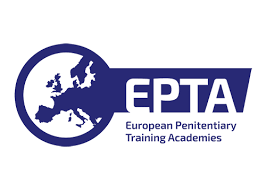“Learn the rules like a pro, so you can break them like an artist.”
– Pablo Picasso
STAFF
Working in small-scale forms of detention requires a specific set of skills. These skills require a balance between care and security. As Durnescu I. said: “Finding a balance between care and control in every situation for every client is more art than science’’.
Working in a detention house can be a challenging and demanding job. Staff members are responsible for maintaining the safety within the facility and within the neighbourhood, while also providing care and support for the residents. To effectively carry out their duties, staff members must possess a range of specific skills and values. There are a lot of general skills that can be important to be required by staff members to build positive relationships with the residents, like relationship skills, pro-social modeling, problem-solving, motivational interviewing and cognitive restructuring. The staff members could likewise have the opportunity to wield and share their personal talents with residents (and other people living in the community). This could help create a positive relationship between staff members, residents and other community members.
Read More
Read Less
core questions
01.
In what ways is working in a small-scale form of detention different from working in a large-scale prison?
02.
What type of training does staff need before and during employment (which educational profiles)?
03.
If working in large prisons is the norm, how can we plan for change when it comes to staff?

STAFF
Working in small-scale forms of detention requires a specific set of skills. These skills require a balance between care and security. As Durnescu I. said: “Finding a balance between care and control in every situation for every client is more art than science’’.
Working in a detention house can be a challenging and demanding job. Staff members are responsible for maintaining the safety within the facility and within the neighbourhood, while also providing care and support for the residents. To effectively carry out their duties, staff members must possess a range of specific skills and values. There are a lot of general skills that can be important to be required by staff members to build positive relationships with the residents, like relationship skills, pro-social modeling, problem-solving, motivational interviewing and cognitive restructuring. The staff members could likewise have the opportunity to wield and share their personal talents with residents (and other people living in the community). This could help create a positive relationship between staff members, residents and other community members.
Read More
Read Less
core questions
01.
In what ways is working in a small-scale form of detention different from working in a large-scale prison?
02.
What type of training does staff need before and during employment (which educational profiles)?
03.
If working in large prisons is the norm, how can we plan for change when it comes to staff?
COMMUNITY
Meet colleagues across Europe pursuing the same goal. Contribute your knowledge to the community. Be the first to hear the latest developments on small scale forms of detention. Unlock your curiosity and become part of the RESCALED community.

Pamela Drumgoole [Ireland] Pamela Drumgoole works as a Policy and Research Coordinator in the Irish Penal Reform Trust (IPRT), Ireland’s leading non-governmental organisation campaigning for systemic penal reform. Before taking up her current role, she previously spent five years working in various roles in IPRT, leading them organisation’s campaigning and public relations work. She has also worked with other civil society organisations, working on issues such as homelessness, addiction, and strengthening the Irish charity sector. For more information: pdrumgoole@iprt.ie

Winie Hanekamp [Netherlands] Winie is an expert on children with a parent in prison. She is boardmember of Children of Prisoners Europe (COPE) and supports child visit programmes with support of volunteers. Working on restoration of the child -parent bond, and the welfare of children of imprisoned parents, while always involving both children and parents. For the past 5 years Winie has been the Manager of the expertisecentrum KIND, focusing on children of people in detention. For more information: winie@expertisecentrumkind.nl

Tamara Höfer [Austria] Tamara is a former prison officer with an MSc in Leadership in Custodial Environment from the Unlocked Graduates Programme. She has worked in Prison Research for the United Nations on innovative solutions in social (re-)integration and HM Prison Service on research about women in prison. Simultaneously, Tamara founded Richtungswechsel, an Austrian organisation built on her knowledge in criminology, penology, and her lived experience as a prison officer. For more information: tamara.hoefer@richtungswechsel.or.at

Elton Kalica [Italy] Elton Kalica graduated in Political Science from the University of Padua and continued his doctoral studies. After a personal experience of detention, he founded Italian Criminology of Convicts. As a researcher, he has written several academic articles. Kalica is a member of the scientific board of the Master in Critical Criminology. He is also a member of the editorial board of the prison magazine “Ristretti Orizzonti” and human rights activist of Antigone. For more information: elton.kalica@unipd.it

Bálint Juhász [Belgium] Bálint Juhász has been working as the Training and Communication Officer of the European Forum for Restorative Justice since 2019. He is responsible for the development of the organisation’s training portfolio, and for shaping its communication. Previously, he has been working extensively with theatre, education, and cultural project management internationally. He was the Educational Programme Manager of Krétakör, an internationally recognised performing arts company in Hungary. For more information: balint.juhasz@euforumrj.org
PART III. FACILITY
Social climate
Art. 32
Organisational health
- Good communication and proper coordination shall be facilitated between detention houses and between the different classifications of staff in a detention house, in particular with respect to the care and integration of persons into society.
- The detention house shall aim to foster a diverse and inclusive work environment, free of discrimination.
- The work environment in a detention house shall encourage open communication and allow staff and management to collectively design the methodology and social climate of the detention house.
- Staff shall comprise of a diverse team, in terms of sex, age, racial and ethnic origin, language and religion to enable a better connection with the people in detention and a better representation of its society.
- Staff in detention houses shall include persons with lived-experience.
PART III. FACILITY
Social climate – Staff
Art. 39
Multi-disciplinary teams
- The organization and staff of a detention house shall be comprised of a multi-disciplinary team in order to ensure the highest from of care and standards.
- People at risk of reoffending or custody shall have a key worker from the multidisciplinary team as a single point of contact as they move through the criminal justice system, including any periods in custody, to coordinate the planning and delivery of interventions.
Art. 40
Work as part of serving the community
- Detention houses shall be managed within an ethical context which recognises the obligation to treat all persons in detention houses with humanity and with respect for the inherent dignity of the
human person. - Staff shall manifest a clear sense of purpose of the detention house and its role within the community.
- The duties of staff shall take into account the need to facilitate the integration of persons into the community and society during, and after their sentence has been completed, through a programme of positive care and assistance.
- Staff shall operate to high professional and personal standards and shall be supported in their work by national governing institutions.
- Staff shall at all times conduct themselves and perform their duties in such a manner as to influence the living and working environment of the detention house in a positive manner.
- Staff from the detention house shall work together with volunteers from the community.
Art. 41
Selection of staff
- When selecting new staff great emphasis shall be placed on the need for integrity, humanity, professional capacity and personal suitability.
- Staff shall be selected and appointed on an equal basis, without discrimination on any ground such as sex, race, colour, language, religion, political or other opinion, national or social origin, association with a national minority, property, birth or other status.
- Selection of staff shall focus on the ability of people to be able to sense whether to engage or disengage in a given situation.
- Selection of staff shall aim towards encouraging diversity of staff to deal with the specific needs of people in detention houses. There may be a specific emphasis on recruiting staff based on linguistic abilities and inter-cultural skills, including an understanding of diverse religions and traditions.
- Whenever it is necessary to employ part-time staff or freelancers, these criteria shall apply to them as far as that is appropriate.
- Staff shall be requited as much as possible from the community where the detention house is based.
Art. 42
Training of staff
- Training of staff shall be facilitated through national authorities focusing on, but not limited to health care, social services, education, restorative justice and criminal justice.
- Before entry into practice, staff shall be given tailored training in their general and specific duties and be required to pass theoretical and practical tests focusing on working in a small-scale setting.
- Before entry into practice, staff shall be given tailored training about working with relational security.
- The designated authority shall ensure that, throughout their employment in the detention house, all staff maintain and improve their knowledge and professional capacity by attending courses of training and development to be organised at suitable intervals.
- Training for staff shall focus on being able to quickly adapt and connect to the group/target demographic.
- Staff who are to work with specific groups in detention houses, such as foreign nationals, women, or people who live with a mental illness etc., shall be given specific training for their specialised work.
- The training of all staff shall include instruction in the international and regional human rights instruments and standards, especially the European Convention on Human Rights and the International Treaty on Economic, Social and Cultural Rights, as well as the application of the European Rules on Detention Houses.
- Skills of staff shall be focused on balancing care and security and creating a safe environment based on relational security.
- Skills shall focus on relationships, pro-social modelling, problem solving, motivational interviewing and cognitive restructuring.
- Staff shall be supported on a regular basis before and during the employment, especially because ofthe relatively new working method with a focus on relational security.
- Training protocols shall provide guidance on how to handle potentially difficult and challenging situations, and support staff members develop the necessary skills to do their work effectively and create a safe environment for the residents, the staff and people living in the community. However, these protocols should always be under scrutiny of common sense.
Art. 43
Care of staff
- Staff care in detention houses shall comply with national regulations on working conditions, including aspects related to working conditions, safety and the well-being of employees.
1.1. Detention houses shall provide a safe working space for staff. This includes maintaining a secure environment and taking measures to minimize risks associated with the nature of the work.
1.2. A designated person of confidence shall be available to provide support and address the concerns or issues of staff members.
1.3. Detention houses shall have a written an active policy on prevention, outlining measures to prevent workplace incidents, injuries, and issues related to staff well-being.
1.4. Detention houses shall conduct regular risk assessments and evaluations related to staff safety and well-being. This includes identifying and mitigating potential risks within the work environment.
1.5. Detention houses shall have an active policy in place to address and manage psychosocial workload. This policy should focus on managing stress, addressing mental health concerns, and ensuring staff well-being in a demanding work environment. - Intervision and reflection is part of the professional practice of a detention house, stressing the collective responsibility.
- With regards to care of staff and internal rules and regulations article 60-63 of the CoE Recommendation on Restorative Justice is applicable, prescribing proactive use of restorative principles and approaches.
THE EUROPEAN RULES ON DETENTION HOUSES
The European Rules on Detention Houses (ERDH) is a milestone document for the criminal justice system and reflects the larger impact of this system on society. Drafted by representatives with different legal and cultural backgrounds from all regions of Europe, the ERDH were launched on October 31st as common standards to implement small-scale, differentiated and community-integrated detention houses in the European Union, as part of a pivotal change already happening in criminal justice systems across Europe. The ERDH set out the ecosystem of a detention house on its own and as part of, and within a community and society, emphasizing sustainability. As the European Prison Rules have been common standards for large-scale prison institutions, the European Rules on Detention Houses shall form essential standards for detention houses, in order to guarantee a way of liberty deprivation that is humane and more fit for the 21stcentury.
European Rules on Detention Houses [ERDH]
THE EUROPEAN RULES ON DETENTION HOUSES
The European Rules on Detention Houses (ERDH) is a milestone document for the criminal justice system and reflects the larger impact of this system on society. Drafted by representatives with different legal and cultural backgrounds from all regions of Europe, the ERDH were launched on October 31st as common standards to implement small-scale, differentiated and community-integrated detention houses in the European Union, as part of a pivotal change already happening in criminal justice systems across Europe. The ERDH set out the ecosystem of a detention house on its own and as part of, and within a community and society, emphasizing sustainability. As the European Prison Rules have been common standards for large-scale prison institutions, the European Rules on Detention Houses shall form essential standards for detention houses, in order to guarantee a way of liberty deprivation that is humane and more fit for the 21stcentury.
PART III. FACILITY
Social climate
Art. 32
Organisational health
- Good communication and proper coordination shall be facilitated between detention houses and between the different classifications of staff in a detention house, in particular with respect to the care and integration of persons into society.
- The detention house shall aim to foster a diverse and inclusive work environment, free of discrimination.
- The work environment in a detention house shall encourage open communication and allow staff and management to collectively design the methodology and social climate of the detention house.
- Staff shall comprise of a diverse team, in terms of sex, age, racial and ethnic origin, language and religion to enable a better connection with the people in detention and a better representation of its society.
- Staff in detention houses shall include persons with lived-experience.
PART III. FACILITY
Social climate – Staff
Art. 39
Multi-disciplinary teams
- The organization and staff of a detention house shall be comprised of a multi-disciplinary team in order to ensure the highest from of care and standards.
- People at risk of reoffending or custody shall have a key worker from the multidisciplinary team as a single point of contact as they move through the criminal justice system, including any periods in custody, to coordinate the planning and delivery of interventions.
Art. 40
Work as part of serving the community
- Detention houses shall be managed within an ethical context which recognises the obligation to treat all persons in detention houses with humanity and with respect for the inherent dignity of the
human person. - Staff shall manifest a clear sense of purpose of the detention house and its role within the community.
- The duties of staff shall take into account the need to facilitate the integration of persons into the community and society during, and after their sentence has been completed, through a programme of positive care and assistance.
- Staff shall operate to high professional and personal standards and shall be supported in their work by national governing institutions.
- Staff shall at all times conduct themselves and perform their duties in such a manner as to influence the living and working environment of the detention house in a positive manner.
- Staff from the detention house shall work together with volunteers from the community.
Art. 41
Selection of staff
- When selecting new staff great emphasis shall be placed on the need for integrity, humanity, professional capacity and personal suitability.
- Staff shall be selected and appointed on an equal basis, without discrimination on any ground such as sex, race, colour, language, religion, political or other opinion, national or social origin, association with a national minority, property, birth or other status.
- Selection of staff shall focus on the ability of people to be able to sense whether to engage or disengage in a given situation.
- Selection of staff shall aim towards encouraging diversity of staff to deal with the specific needs of people in detention houses. There may be a specific emphasis on recruiting staff based on linguistic abilities and inter-cultural skills, including an understanding of diverse religions and traditions.
- Whenever it is necessary to employ part-time staff or freelancers, these criteria shall apply to them as far as that is appropriate.
- Staff shall be requited as much as possible from the community where the detention house is based.
Art. 42
Training of staff
- Training of staff shall be facilitated through national authorities focusing on, but not limited to health care, social services, education, restorative justice and criminal justice.
- Before entry into practice, staff shall be given tailored training in their general and specific duties and be required to pass theoretical and practical tests focusing on working in a small-scale setting.
- Before entry into practice, staff shall be given tailored training about working with relational security.
- The designated authority shall ensure that, throughout their employment in the detention house, all staff maintain and improve their knowledge and professional capacity by attending courses of training and development to be organised at suitable intervals.
- Training for staff shall focus on being able to quickly adapt and connect to the group/target demographic.
- Staff who are to work with specific groups in detention houses, such as foreign nationals, women, or people who live with a mental illness etc., shall be given specific training for their specialised work.
- The training of all staff shall include instruction in the international and regional human rights instruments and standards, especially the European Convention on Human Rights and the International Treaty on Economic, Social and Cultural Rights, as well as the application of the European Rules on Detention Houses.
- Skills of staff shall be focused on balancing care and security and creating a safe environment based on relational security.
- Skills shall focus on relationships, pro-social modelling, problem solving, motivational interviewing and cognitive restructuring.
- Staff shall be supported on a regular basis before and during the employment, especially because ofthe relatively new working method with a focus on relational security.
- Training protocols shall provide guidance on how to handle potentially difficult and challenging situations, and support staff members develop the necessary skills to do their work effectively and create a safe environment for the residents, the staff and people living in the community. However, these protocols should always be under scrutiny of common sense.
Art. 43
Care of staff
- Staff care in detention houses shall comply with national regulations on working conditions, including aspects related to working conditions, safety and the well-being of employees.
1.1. Detention houses shall provide a safe working space for staff. This includes maintaining a secure environment and taking measures to minimize risks associated with the nature of the work.
1.2. A designated person of confidence shall be available to provide support and address the concerns or issues of staff members.
1.3. Detention houses shall have a written an active policy on prevention, outlining measures to prevent workplace incidents, injuries, and issues related to staff well-being.
1.4. Detention houses shall conduct regular risk assessments and evaluations related to staff safety and well-being. This includes identifying and mitigating potential risks within the work environment.
1.5. Detention houses shall have an active policy in place to address and manage psychosocial workload. This policy should focus on managing stress, addressing mental health concerns, and ensuring staff well-being in a demanding work environment. - Intervision and reflection is part of the professional practice of a detention house, stressing the collective responsibility.
- With regards to care of staff and internal rules and regulations article 60-63 of the CoE Recommendation on Restorative Justice is applicable, prescribing proactive use of restorative principles and approaches.
EUROPEAN RULES ON DETENTION HOUSES [ERDH]
European organisations
European Penitentiary Training Academies
It is important that within the European Union correctional staff receive adequate training in order to ensure that fundamental rights of prisoners remain respected. This belief was re-enforced by the Council of Europe’s decision to establish common European Prison Rules in 1973. In 2010, the European Penitentiary Training Academies Network (EPTA) was founded by the heads of a number of European Penitentiary Staff Training Academies for the provision of a structure that can support the sharing of effective training methodologies and contents across Europe. The EPTA network has seen success as a result of the voluntary input from its members.
Tackling gaps in cross-border cooperation for penintentiary training academies.
EPTA
European organisations

European Penitentiary Training Academies
It is important that within the European Union correctional staff receive adequate training in order to ensure that fundamental rights of prisoners remain respected. This belief was re-enforced by the Council of Europe’s decision to establish common European Prison Rules in 1973. In 2010, the European Penitentiary Training Academies Network (EPTA) was founded by the heads of a number of European Penitentiary Staff Training Academies for the provision of a structure that can support the sharing of effective training methodologies and contents across Europe. The EPTA network has seen success as a result of the voluntary input from its members.
Tackling gaps in cross-border cooperation for penitentiary training academies.
EPTA
more information
Publications
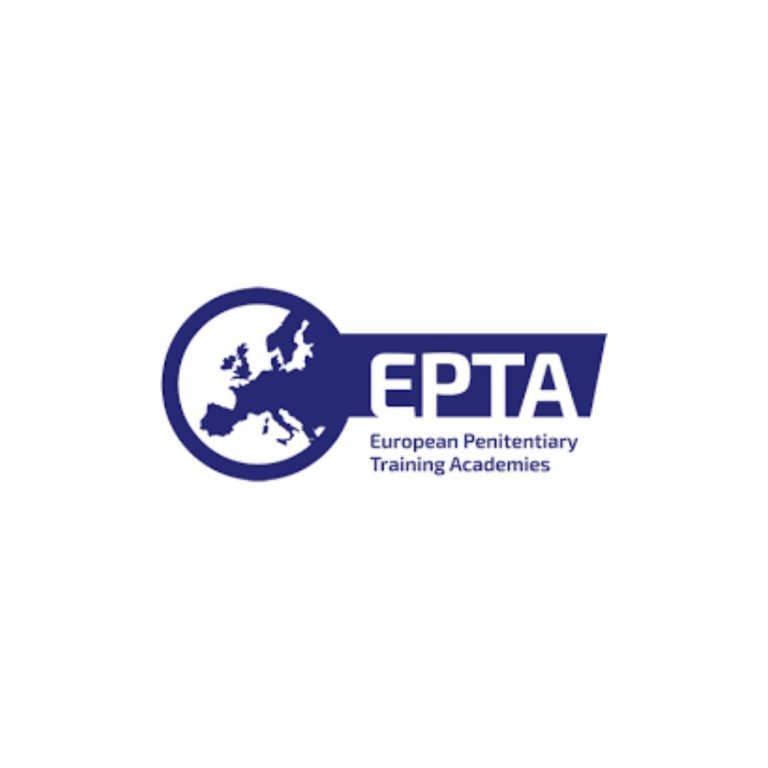
PROJECT
European Penitentiary Training Academies Network
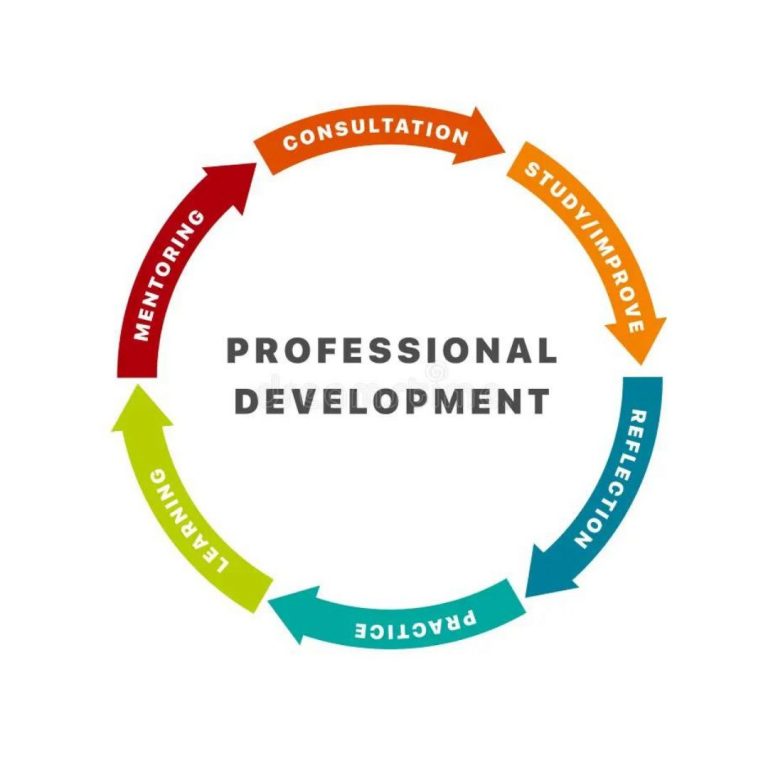
RESEARCH
From prison guards to… what? Occupational development of prison officers in Sweden and Norway
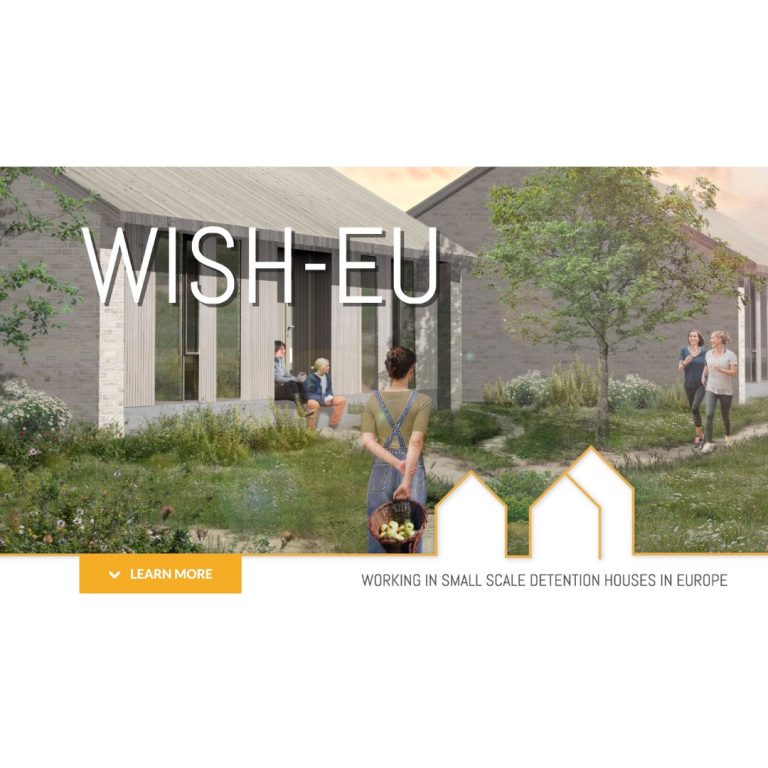
PROJECT
Working in Small Scale Detention Houses in Europe

INSPIRATION
Unlocked Graduates

INSPIRATION
FrontFoot: relational security
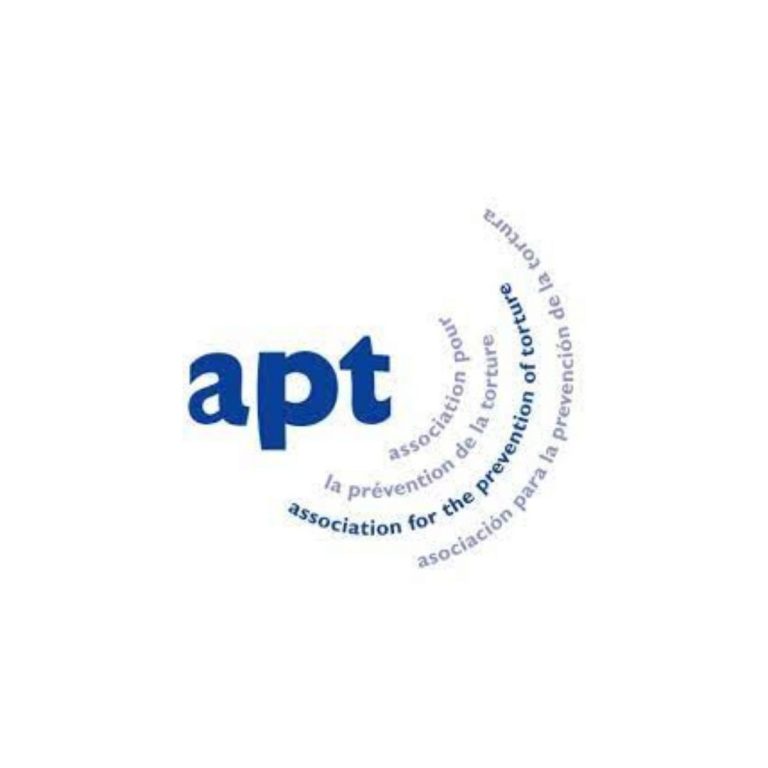
POLICY
APT: Training of prison staff
Publications
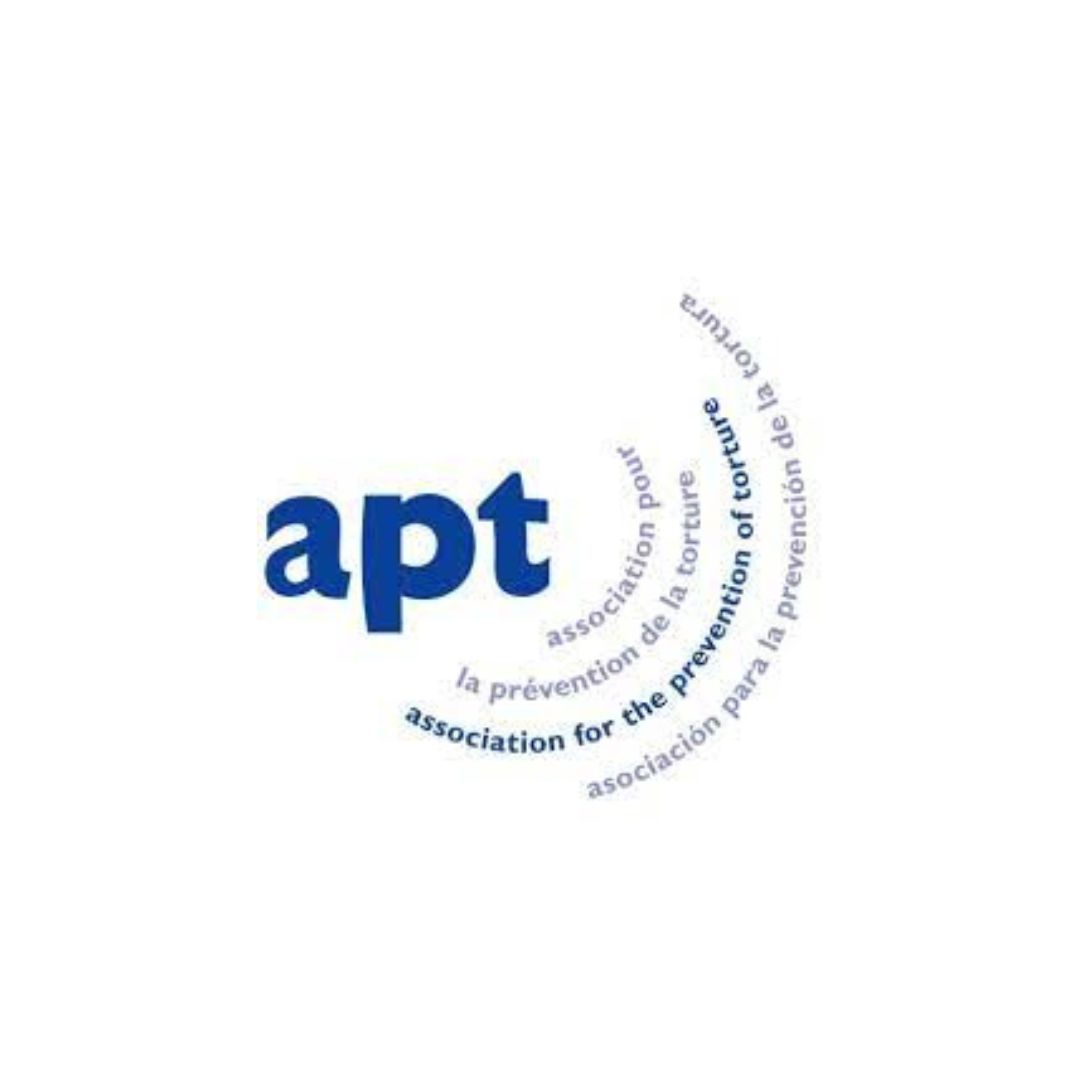
APT: Training of prison staff

FrontFoot: relational security

Unlocked Graduates

Working in Small Scale Detention Houses in Europe
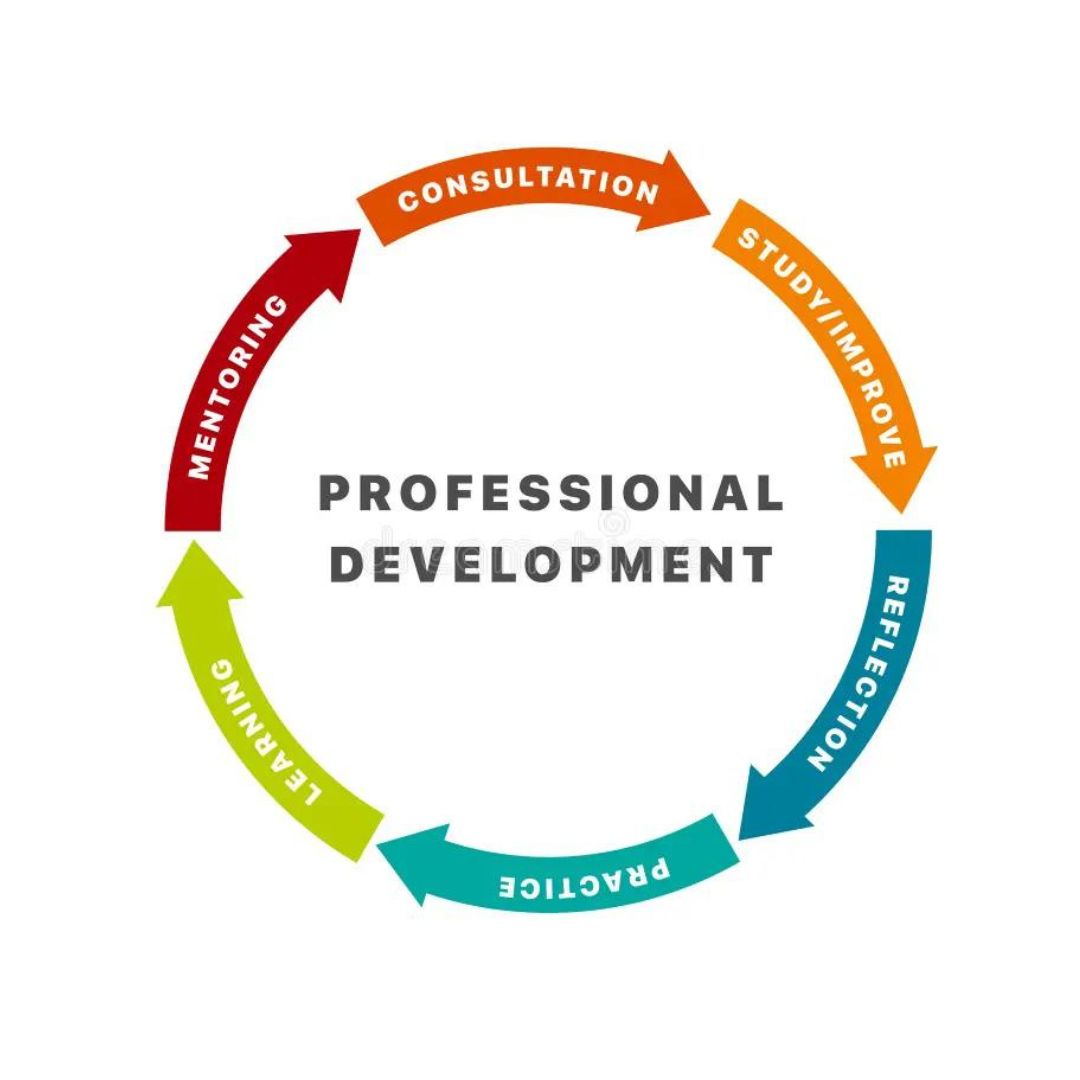
From prison guards to… what? Occupational development of prison officers in Sweden and Norway
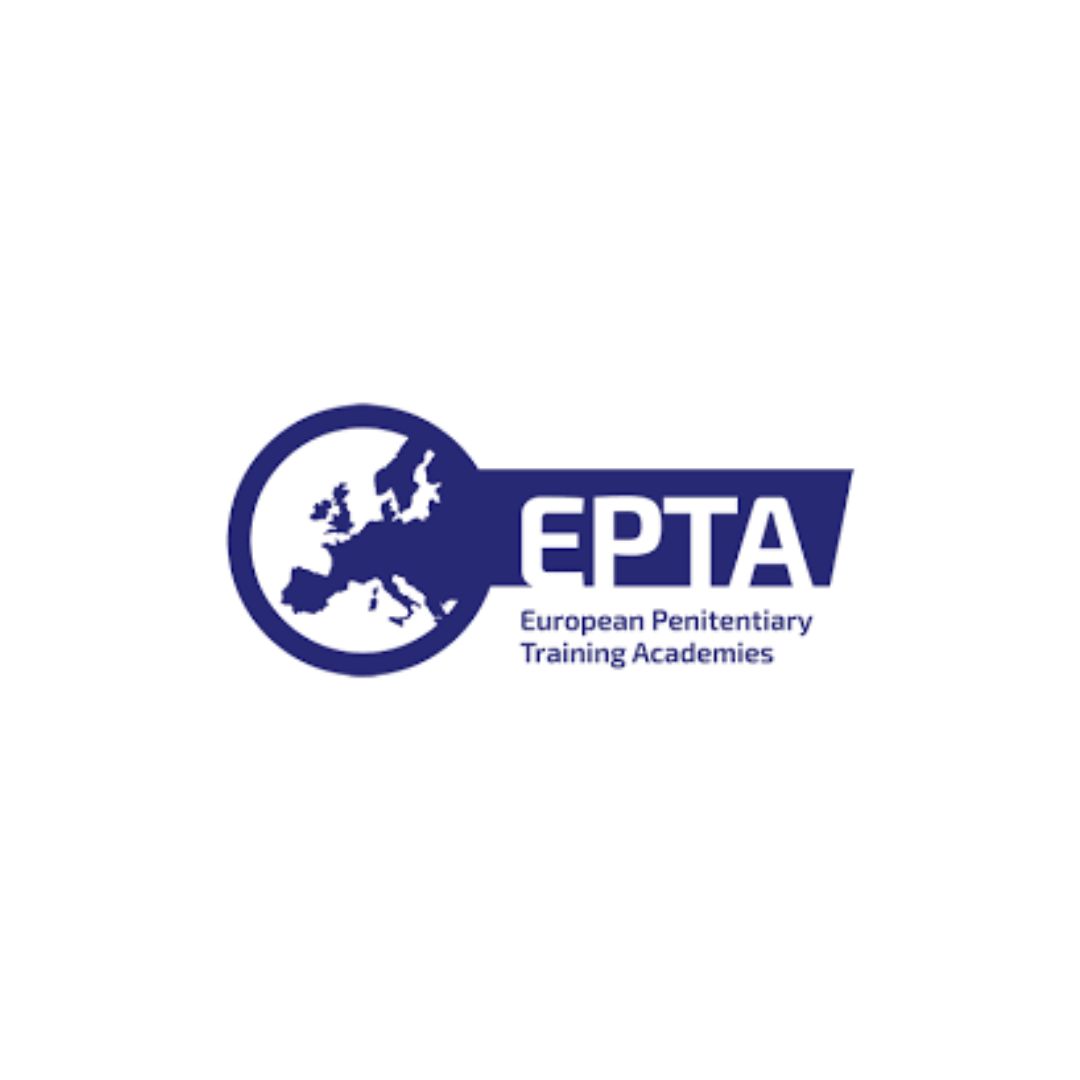
European Penitentiary Training Academies Network
Learning lab #9 STAFF
Working in small-scale forms of detention requires a different set of skills for people working in these facilities. Safeguarding security both for staff, employees and people in the neighborhood can be done through relational security. What does staff need to work in a small-scale form of detention?
https://www.youtube.com/watch?v=Fwz7ooE3YGY
previous
COMMUNITY
next
DIGITAL INCLUSION
previous
COMMUNITY
next
DIGITAL INCLUSION

